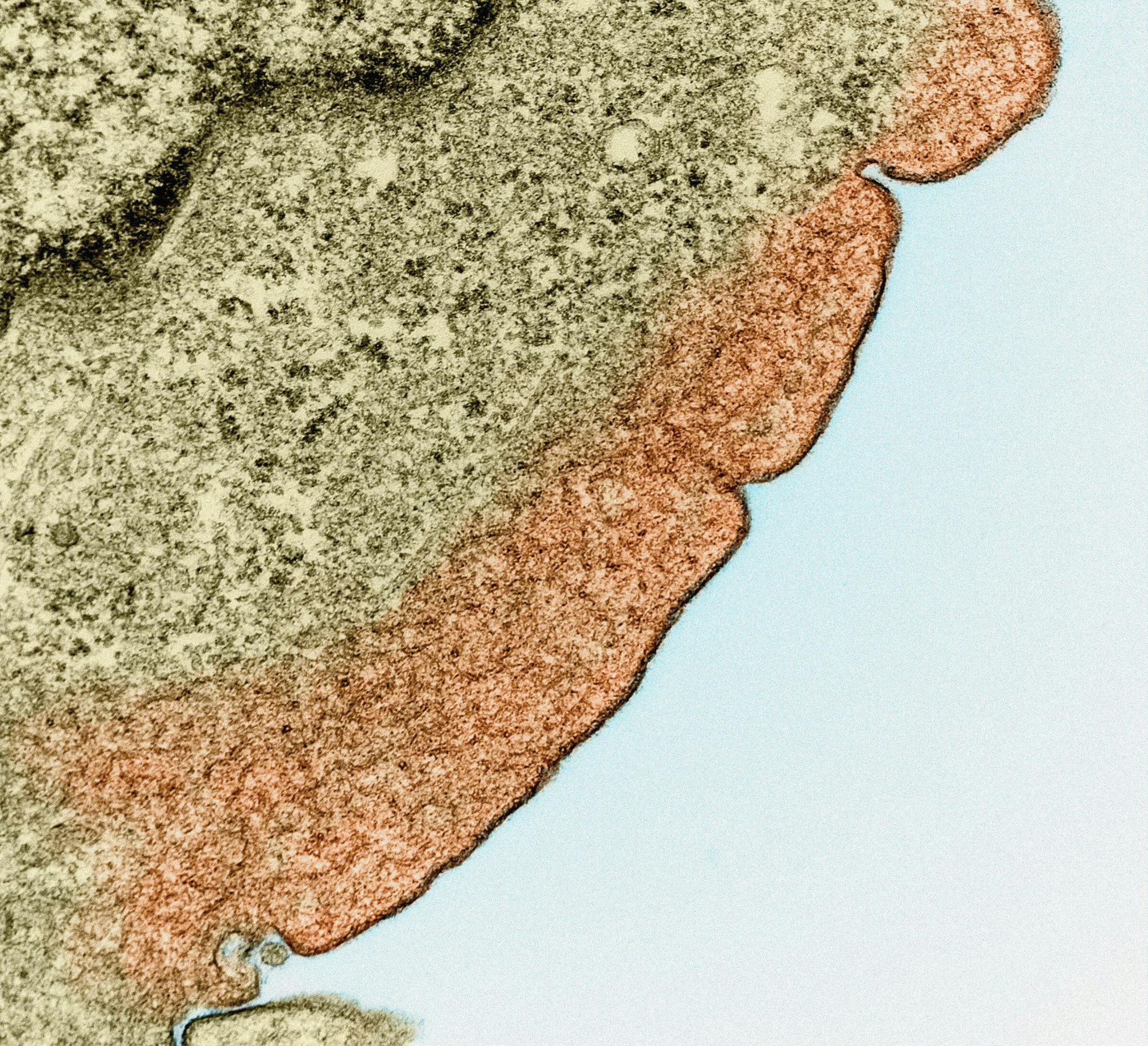
PHYSICAL WELLNESS
your body’s first line of defense
MUCOSAL BARRIERS
Mucosal barriers are like protective, sticky shields that line the entrances of your body — including your nose, mouth, lungs, and gut.
They trap germs, toxins, and particles before they can enter the bloodstream and cause trouble.
Think of them as security guards stationed at every doorway.
Here’s what it helps with:
Trap and block pathogens, dust, and allergens
Produce mucus that keeps tissues moist and protective
Contain immune cells and antibodies to neutralize threats
Support healthy microbiome communities (especially in the gut)
Help regulate what gets absorbed into the body and what gets kept out
MUSOCAL BARRIER BASICS
Common Terms + Simple Definitions
Here’s a mini glossary for mucosal related words you’ll see throughout the site:
Mucus - A thick, slippery fluid that traps germs and keeps tissues moist
Mucosal Immunity - Immune protection that happens in mucous membranes
Intestinal Barrier - Mucosal lining in the gut that controls what passes into the body
Secretory IgA (sIgA) - An antibody found in mucus that helps neutralize pathogens
Goblet Cells - Cells that produce and secrete mucus
Microbiome - Community of good bacteria that help maintain barrier strength
WHAT MUCOSAL BARRIERS WORK WITH
mucosal bARRIERS + OTHER SYSTEMS
Immune System → Sends immune cells/antibodies into mucus to fight invaders
Gut Microbiome → Helps maintain a strong intestinal barrier
Nervous System → Regulates mucus production and barrier function
Respiratory System → Uses mucosal lining in airways to trap pathogens
Digestive System → Uses mucosal lining to protect from acids and bacteria
Health mucosal Barriers…
Stop pathogens before they reach deeper tissues
Reduce risk of infection and inflammation
Support balanced gut and respiratory health
Work with your immune system to keep you protected
Help regulate immune responses so they’re not too weak or too aggressive
If mucosal barriers become damaged (from stress, toxins, infections, or dysbiosis), it can lead to increased sensitivity, inflammation, allergies, or infections.
Your mucosal barriers are quiet bodyguards — the stronger they are, the less your immune system has to fight.
